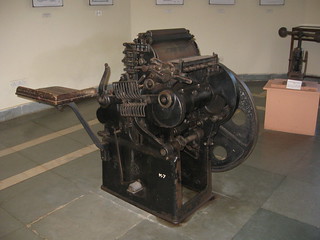Opting for the Right Filtration Equipment
페이지 정보

본문
When choosing the right filtration press for your industry, it's vital to consider the specific requirements of your operation. Varying types of filter presses are designed to address the demands of various sectors, from chemical and wastewater treatment to pharmaceutical and pharmaceutical processing.
Sludge filtration systems are usually used for wastewater treatment and the filtration of small particle suspensions. These presses are designed with a fixed frame and separating plates that are tightly sealed together, allowing for the efficient separation of liquid from solid particles. Smaller cake filtration systems are usually used in scientific and pilot-scale applications, while greater units can be employed in industrial settings.
Slurry filtration systems are designed for more complex applications demanding the separation of suspended particles at elevated temperatures and pressures. These presses are usually used in industries such as extractive, oil and gas production, and industrial filter press manufacturers processing. Mist filtration systems often integrate additional features such as thermal exchangers and high-temperature plates to meet the demands of these high-pressure applications.
The plate and frame type of filtration system is a popular choice for various industries due to its versatility and efficiency. These presses consist of a series of recessed plates and frames that are bolted together, permitting for simple cleaning and servicing. Frame and plate systems are widely used in beverage, pharmaceutical, and food processing applications due to their ability to handle high-viscosity liquids and suspended particles.
Take into account the size of the filter press you need based on the volume of liquid you process. Greater filtration presses are often more economical in the long run, as they reduce the need for frequent replacements and allow higher production capacities. However, lesser filtration presses can be more effective and require less energy in certain applications.

It's also essential to consider about the material used to make the filter press, as different materials can impact its durability and resistance to corrosion. Stainless steel and other suitable choices for applications involving elevated temperatures, abrasive liquids, or industrial solutions. For lower-risk applications, materials like PVC may be adequate.
When evaluating the expenses of a filtration press, consider the initial purchase price as well as ongoing maintenance and replacement expenses. Maintenance expenses can be significant for certain types of filter presses, particularly those requiring frequent plate replacement. Running costs, including energy expenses and industrial usage, should also be factored into your overall cost analysis.
Selecting the right filtration press for your industry involves weighing a range of factors, from the type of application and required size to the selection of materials and factors for servicing and operation costs. After balancing your options and balancing competing priorities, you can make an informed choice about which filtration press best meets the demands of your specific operation.
- 이전글Enhance Your Live Poker Online Skills 25.06.09
- 다음글When A Roof Needs Maintenance 25.06.09
댓글목록
등록된 댓글이 없습니다.

